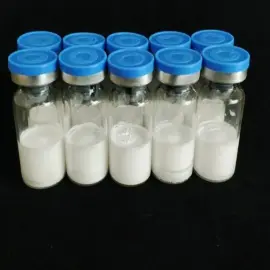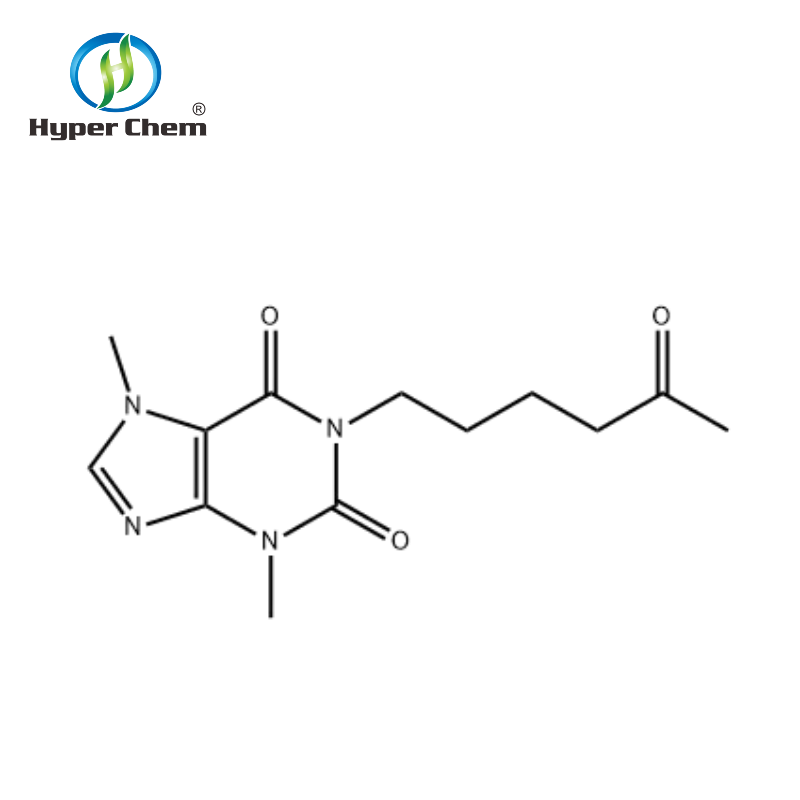-
Categories
-
Pharmaceutical Intermediates
-
Active Pharmaceutical Ingredients
-
Food Additives
- Industrial Coatings
- Agrochemicals
- Dyes and Pigments
- Surfactant
- Flavors and Fragrances
- Chemical Reagents
- Catalyst and Auxiliary
- Natural Products
- Inorganic Chemistry
-
Organic Chemistry
-
Biochemical Engineering
- Analytical Chemistry
-
Cosmetic Ingredient
- Water Treatment Chemical
-
Pharmaceutical Intermediates
Promotion
ECHEMI Mall
Wholesale
Weekly Price
Exhibition
News
-
Trade Service
Phosphocreatine (PCr) is a naturally occurring compound found in the muscles of humans and animals.
It has been studied extensively for its potential use in the chemical industry, particularly in the production of fuel additives, plasticizers, and other chemical products.
There is growing concern, however, about the safety of using PCr in industrial applications.
While it has been shown to be safe for human consumption in small amounts, there is limited research available on the long-term effects of exposure to higher concentrations of PCr in industrial settings.
One of the main concerns with PCr is its potential toxicity to living organisms.
Studies have shown that high concentrations of PCr can be harmful to aquatic life, including fish and other aquatic organisms.
In addition, there is some evidence to suggest that PCr may be harmful to humans and other mammals, particularly in cases where there is prolonged exposure to high concentrations of the compound.
Another concern with the use of PCr in the chemical industry is the potential for environmental contamination.
Since PCr is a naturally occurring compound, it can be present in various forms in the environment.
In industrial settings, the use of PCr could potentially lead to the release of higher concentrations of the compound into the environment, leading to contamination of soil, water, and air.
There is also concern about the potential for PCr to interact with other chemicals in industrial settings.
While PCr is generally considered to be stable and non-reactive, there is limited information available on the potential for it to react with other chemicals in industrial settings.
This lack of information raises concerns about the potential for unintended reactions and the potential for dangerous byproducts to be produced.
In response to these concerns, regulatory agencies are beginning to take a closer look at the safety of PCr in industrial applications.
The European Union has classified PCr as a substance of very high concern under the REACH regulation, which requires producers and users of chemicals to provide information on the potential risks posed by their chemicals.
The United States Environmental Protection Agency (EPA) has also raised concerns about the potential environmental and health effects of PCr.
The agency has proposed restrictions on the use of PCr in certain applications and has called for additional research to be conducted on the long-term effects of exposure to the compound.
Despite these concerns, PCr remains a promising compound for use in the chemical industry.
Its naturally occurring properties make it an attractive alternative to synthetic chemicals, and it has the potential to be used in a wide range of applications.
To ensure the safety of PCr in industrial settings, it is important for producers and users of the compound to take a proactive approach to safety.
This includes conducting thorough risk assessments, providing appropriate training to employees, and implementing appropriate safety protocols to minimize the potential for exposure to the compound.
In conclusion, while there are concerns about the safety of PCr in industrial applications, it is still a promising compound with potential benefits for the chemical industry.
By taking a proactive approach to safety and conducting additional research on the long-term effects of exposure to PCr, it is possible to ensure that the compound is used safely and responsibly in industrial settings.







